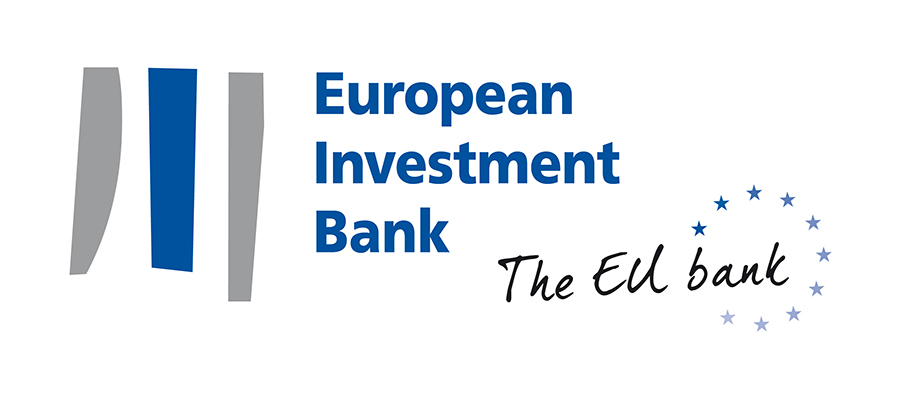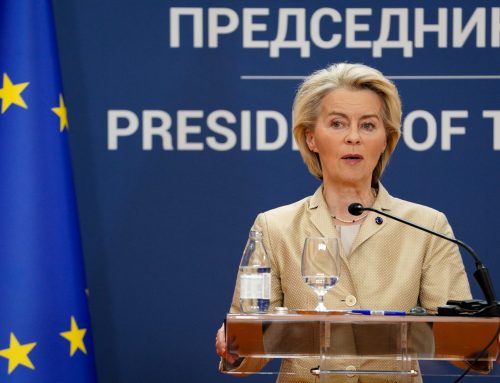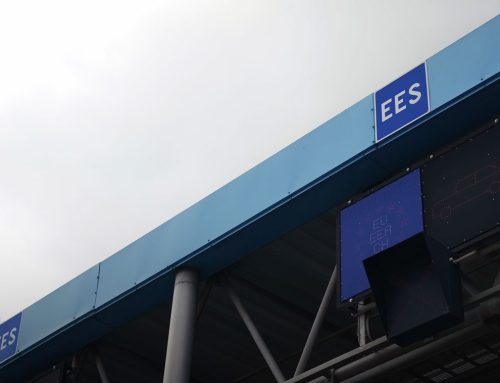The European Investment Bank (EIB) stands ready to support Serbia and Western Balkans’ economic recovery to help the countries in the region to make better use of EU and private funding, said EIB President Dario Scannapieco.
“The capacity to absorb funding is directly linked to quality projects. Just as any other country, it is up to you to decide how you will use it,” Scannapieco said and added: “However, you must take a more active approach to project planning. The EIB believes that its presence here is of importance so that it can facilitate project planning from the onset.”
Speaking about results stemming from EIB-Serbia cooperation, Scannapieco said that the things are moving forward, but noted that there are still “holes” to be filled in the economic and social infrastructure.
The Bank is ready to support your efforts toward tackling migration, consolidating digitization and fight against climate change, Scannapieco noted, assessing that Serbia had improved planning of investment projects; however, he said, investment level remains low.
The European Investment Bank supports the development of transport and energy infrastructure, SMEs, and health and education sector in line with EU’s accession policy, he said.
According to him, the EIB plays an active role in candidate countries by offering loans to public and private sectors.
Since 2009, the Bank has secured loans to the tune of EUR1.4 billion and by doing so it helped to create 261,000 jobs. In the same period, the region has benefitted from EUR2.5 billion in loans, resulting in 400,000 jobs.
As he put it, the EIB has secured EUR550 million in loans for SMEs that employ more than 115,000 people in Serbia and reminded that the first agreement within the Western Balkans Investment Facility, worth EUR73 million, was signed day before in Belgrade.
Scannapieco and the President of the Banca Intesa Executive Board Draginja Djuric signed a EUR30 million credit line agreement to the benefit of SMEs.
Djuric recalled that Banca Intesa has established cooperation with the EIB back in 2006, adding that the two banks had thus far agreed EUR160 million worth of credit lines.




